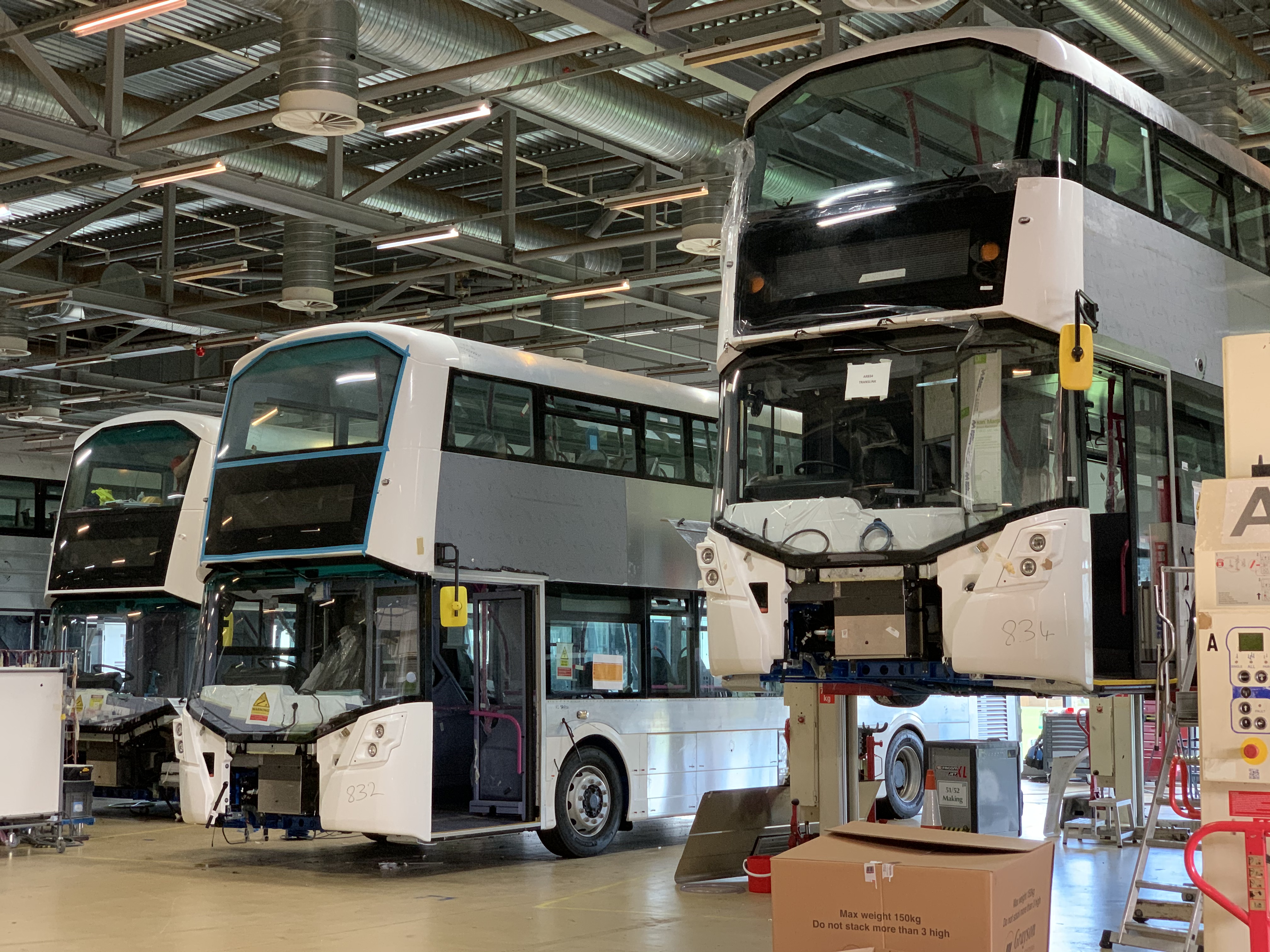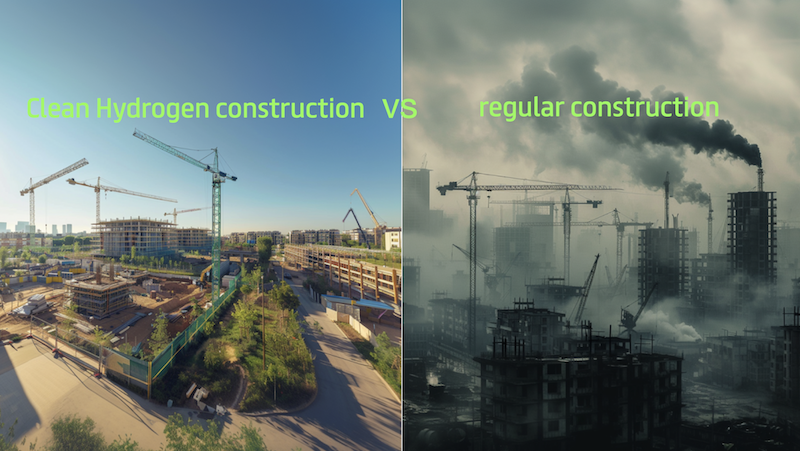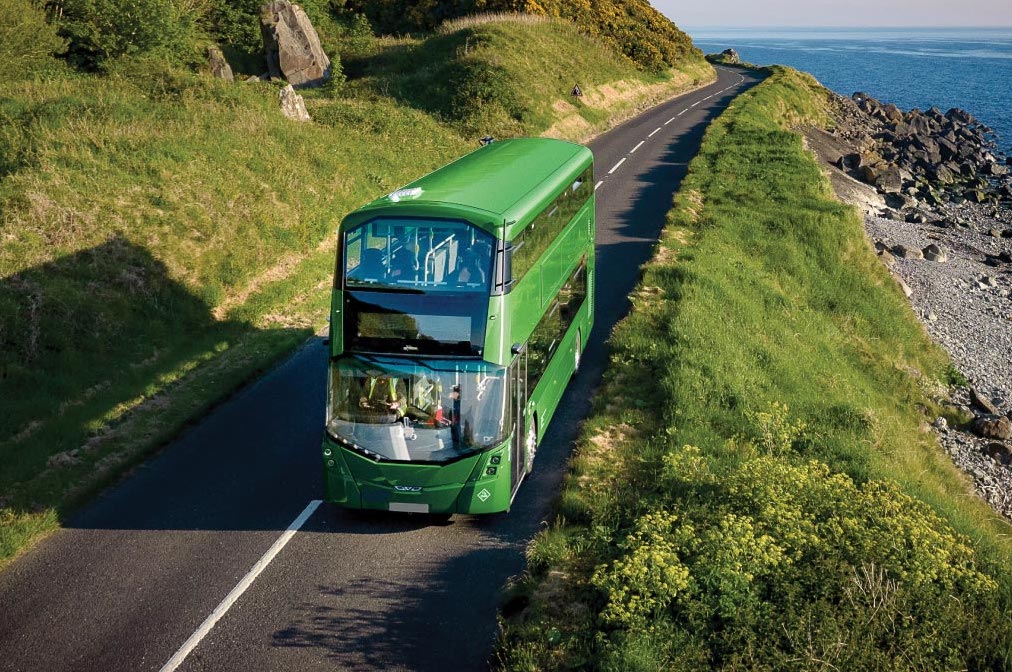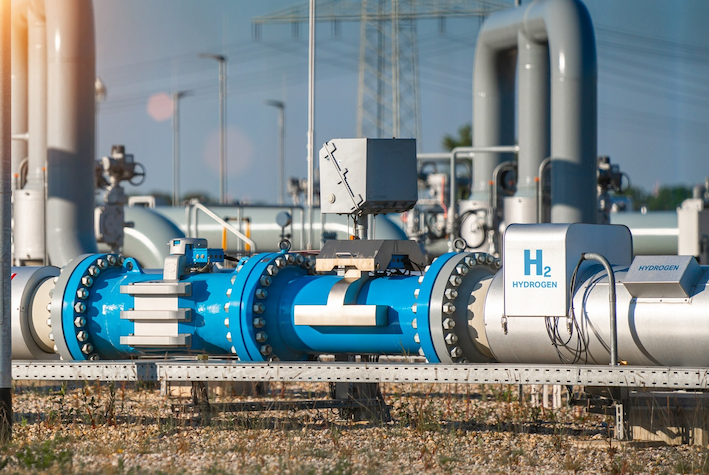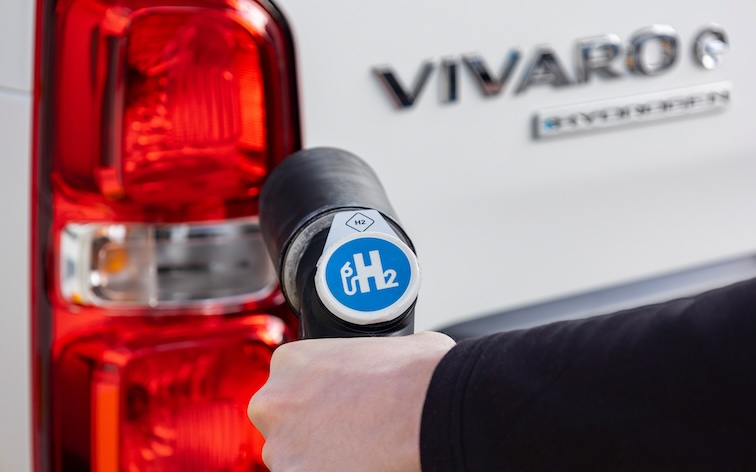Transport is the largest source of carbon dioxide emissions in the UK, accounting for approximately 34 per cent, and so the country is taking decisive action to change it.
As the government accelerates the much needed development of zero-emission buses and trucks, three projects across the UK designed to radically reduce emissions from the road transport sector have each been awarded a share of £54m of new Government funding. This includes our colleagues at Wrightbus in Northern Ireland, manufacturers of the world-first zero-emission Hydrogen double-decker bus.

The transport sector is responsible for 34% of UK emissions and is in need of a radical overhaul in order to meet our clean air targets
Business Secretary Kwasi Kwarteng, who announced the funding, said the projects in Cwmbran, Warwickshire, and Ballymena (Wrightbus), had the potential to cut emissions by 45 million tonnes whilst creating nearly 10,000 jobs.
“The UK is leading the world by developing cutting edge technology that will help to tackle climate change and lead to a green, competitive future for our automotive supply chain,” Kwarteng said. “These projects will not only help accelerate the wider application of greener technology in lorries and buses, but will also help generate the high-skilled jobs to level up communities across the UK while ensuring we build back greener from the pandemic.”

UK Government funding for three emission-tackling projects including one at Wrightbus in Northern Ireland, have the potential to cut UK emissions by 45 million tonnes, whilst creating nearly 10,000 jobs.
The new funding, which has been coordinated by the Advanced Propulsion Centre (APC), includes the construction of a new technology centre in Scotland. The funding will also include a £31.9m award to the Electric Powertrain Integration for Heavy Commercial Vehicles (EPIC) project, led by South Wales-based Meritor.
A further £11.3m has been awarded to the e-MOTIF (e-axle with MOT or Inverter and Flywheel) project in Warwickshire, being led by Shield Manufacturing Technologies, and aims to combine lightweight energy recovery technology from motorsport, with a new motor and inverter for cars and vans, so as to cut energy consumption and CO2 emissions. The government said the e-MOTIF project is cost effective and scalable for global manufacturers, and will hopefully lead to three new UK manufacturing centres opening.
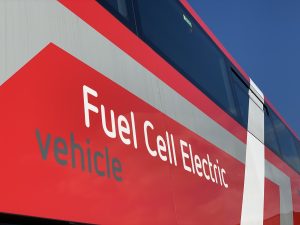
Wrightbus are the manufacturers of the world’s first zero-emission double decker bus and have already supplied fleets to London, Aberdeen, Birmingham, Belfast and other cities all lowering emissions across their transport sectors.
Wrightbus, in Ballymena, Northern Ireland, have had £11.2m awarded to the Next Gen FCEV (Hydrogen Fuel Cell Vehicle), where we’re working to develop hydrogen-powered fuel cell electric vehicle single and double-deck buses. This funding will enable higher volume production at lower cost, and create a centre of excellence for zero-emissions hydrogen technology, to ‘upskill’ and share knowledge across the UK.
Transport Minister Rachel Maclean welcomed the news, and stressed how critical new technologies are in order for the UK to meet its climate and economic goals.
“As we look to reduce our carbon emissions, strive towards our net-zero goals and level up right across the UK, the whole transport sector will need to embrace new innovative technology such as green hydrogen, and these projects are a fantastic example of doing just that,” Maclean said. “I’m proud to see the UK leading the way in the global transition to zero-emission vehicles. In the next decade, we’ll continue to be at the forefront of their design, manufacture and use, as we build back greener.”
Jo Bamford, founder and Chairman of British Hydrogen company Ryse Hydrogen, and owner and Executive Chairman of Wrightbus commented on the funding announcement:
“The funding will allow us to realise our ambitions of creating a centre of excellence for zero-emission technology in Ballymena, enabling us to produce the next generation of world-leading hydrogen buses at a higher volume and a lower cost than ever before.
It will safeguard more than 1,000 skilled jobs and will allow us to create more than 3,000 additional jobs over the next 10 years, giving a significant boost to the wider economy in Northern Ireland.”
